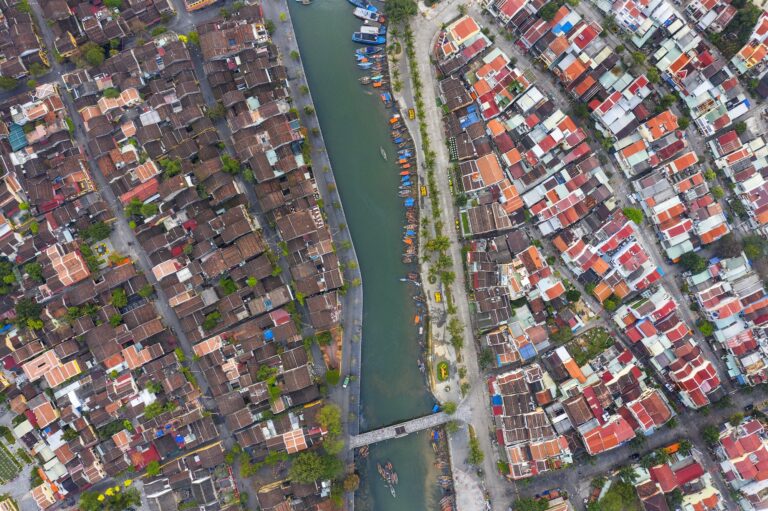
Hang Nguyen
Geelong Ethic Communities Council, Geelong
On 8 June 2020, Vietnam’s National Assembly ratified the EU-Vietnam Free Trade Agreement (FTA), following the European Parliament’s approval in February 2020. It is the first trade agreement between the EU and a developing country in Southeast Asia. The European Parliament’s ratification of the EU-Vietnam FTA enables Vietnam to penetrate into the EU market and to attract more investments from the EU.
With the EU-Vietnam FTA entering into force on 1 August 2020, Vietnam’s GDP and exports are expected to rise by 2.4 percent and 12 percent respectively by 2030. The agreement will lift 99 percent of tariffs on goods traded between the EU and Vietnam. Vietnam is the EU’s second largest trading partner in ASEAN after Singapore, with trade in goods and services worth $61.1 billion (USD) a year. Vietnam’s main exports include textiles, garments, furniture, aqua-agricultural products and, electronic products. Its’ key imports from the EU are machinery, appliances and, pharmaceutical products. The European Union is one of Vietnam’s largest foreign investors, with a total foreign direct investment of $6.9 billion (USD) in 2017 in two main sectors: industrial processing and manufacturing.
Apart from free trade, sustainable development is also emphasised in the agreement. While sustainable development has been mentioned EU agreements with developing countries since 1993, the pursuit of a sustainability policy in the EU’s foreign relations is dated back to the 2002 European Commission’s Communication entitled “Towards a Global Partnership for Sustainable Development”. The European Commission made commitments to enhancing the sustainability aspect of bilateral and regional pacts by including a commitment to sustainable development and setting up dialogues to facilitate the exchange of the best practice.
In the EU-Vietnam FTA, provisions related to social and environmental development are included in Chapter 13 “Trade and Sustainable Development”. This Chapter underlines the key commitments of Vietnam and the EU to environmental sustainability and labour rights. It stated the right of each party to set their own levels of domestic protection in accordance to their economic development level. This had allowed Vietnam to attract investments in the past, particularly in sectors of labourintensive production, due to its competitive wages. Chapter 13 also aims to prevent each party from drastically reducing environmental and labour standards as means to have comparative trade and cost advantages.
High EU environmental and labour standards require Vietnamese businesses and government to make strong efforts to improve its environmental performance and strengthen civil society organisations. Increasing the participation of civil society organisations in policy making, and improving and enforcing environmental compliance standards, and emphasising environmental education and training, would build up Vietnamese capacity in meeting the EU’s environmental and labour standards. The Vietnamese government has determined that economic development must be in line with environmental protection and social development to ensure sustainable growth and prosperity. The EU-Vietnam FTA will play a significant role in Vietnam’s sustainable development and in revitalising Vietnam’s economy in the post-Covid 19-period.
Bio: Hang Nguyen is an expert in Vietnam’s foreign relations, and international relations in the Indo-Pacific region. She has published extensively in various wellregarded journals. She can be reached at thuyhang032003@yahoo.com